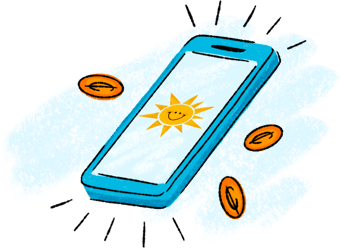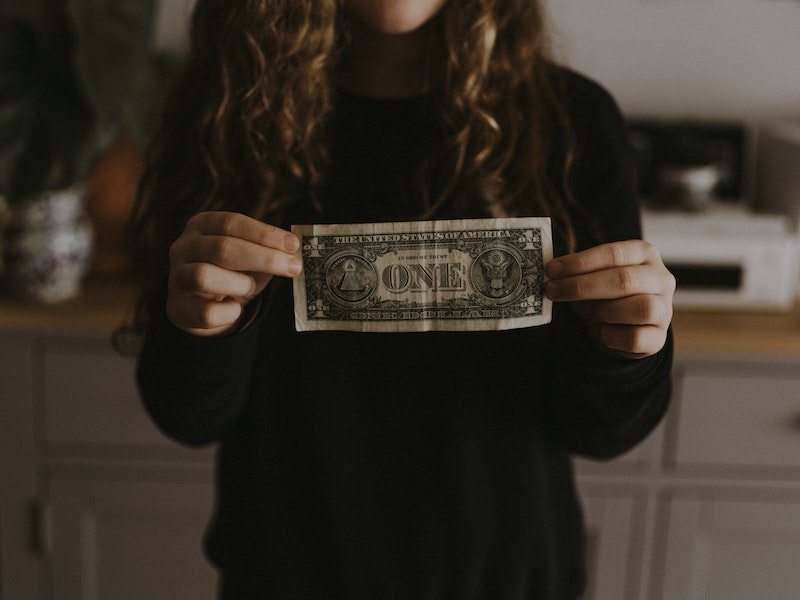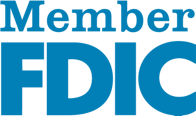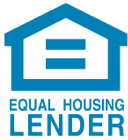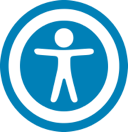If you often feel as though you're broke after paying your monthly bills, it may be time to take a closer look at where your money is going. It can be easy to overlook or underestimate the impact of small, regular expenses on our overall debt payments.
With this guide, we want to give you the tools you need to take a closer look at your spending and make small changes that can have a significant positive impact on your debt without leaving you feeling like you're depriving yourself.
1. Track Your Spending for One Month
The first step is to get an accurate picture of where your money is going. For one month, track every single penny you spend. This may seem tedious, but it will give you a good idea of where your money goes and where you can cut back.
2. Make a Budget
We all know this, right? Yes, making a budget is the number one piece of advice financial experts give, but there's a reason for that. It works. A budget is a roadmap that tells your money where to go, and it can help you get out of debt faster by making sure your payments are going where they need to be.
If you're the type of person who has difficulty tackling and sticking to a budget, there are a number of helpful budgeting apps out there that can make the process easier. Committing to using an app is also a subconscious way of committing yourself to the budget you create on the app.
3. Cut Out One Expense
Just one. For now. One expense that is entirely frivolous and that you know you can live without. It may be a coffee habit or buying lunch every day, or that streaming service you never use. Whatever it is, getting rid of it will free up some extra cash that you can put toward your debt.
4. Make Biweekly Debt Payments
This may seem like a small change, but making biweekly debt payments instead of monthly payments can save you a significant amount of money in interest charges.
When you make a monthly payment, that money is applied to the principal (the amount you borrowed) and the interest for that month. The interest is calculated based on the remaining balance of the loan, which means that if you only make minimum monthly payments, a large portion of your payment is going toward interest charges instead of the principal.
By making biweekly payments you're effectively making one extra monthly payment each year, which can help you pay off your debt faster and save money on interest charges.
5. Refinance Your Debt
If you have high-interest debt, such as credit card debt, you may be able to save money by refinancing to a lower interest rate. There are a number of online tools that can help you compare rates and find the best deal.
Refinancing is not always an option, but if it is available to you, it can be a great way to save money on your debt payments.
6. Get Rid of the Biggest Payment First
Whether it is your mortgage, car loan, or credit card, you should focus on the debt with the highest payments first. The reason for this is two-fold. First, the debt with the highest payments is likely the debt with the highest interest rate, which means you're paying more money in interest charges each month. Second, by getting rid of the largest payment first, you will have more money available each month to put toward your other debts.
7. Employ the "Snowball Method"
In contrast to the previous method where you tackle the biggest debt payment first, the "snowball method" is where you pay off the smallest balance first, then roll the payment you had been making on that debt to the next smallest balance. For example, you paid off a $200 credit card and took the $20/month payment you were making on that and add it to the regular payment on your $500 card.
Your payment amount does not change during the time you are snowballing payments, but what this does is give you some "quick wins" where you see your debt balance going down quickly, which can help motivate you to keep going. And, for those months when you need the benefit of a reduced payment, you have already given yourself that option.
8. Consolidate Your Debt
If you have multiple debts with different interest rates, consolidating your debt into one loan with a lower interest rate can save you money on your monthly payments and interest charges. There are a number of ways to consolidate your debt, including balance transfers, personal loans, and home equity loans.
Balance transfers can be a great way to consolidate your debt because you can often get a 0% interest rate for a period of time. This means that your entire payment will go toward the principal, which can help you pay off your debt faster. Just be sure to read the fine print on balance transfer offers, as there may be fees or other charges that offset the benefits
Personal loans can also be used to consolidate your debt. Personal loans typically have lower interest rates than credit cards, so you will save money on interest charges. And, like balance transfers, personal loans can help you focus on paying off the principal, which can help you get out of debt faster.
Home equity loans can be used to consolidate your debt, but they typically have higher interest rates than other types of loans. Home equity loans also require that you put your home up as collateral, which means you could lose your home if you cannot repay the loan. As such, home equity loans should be used as a last resort when consolidating debt.
9. Try a Debt Management Program
If you're struggling to make your monthly payments, a debt management program may be an option for you. With a debt management program, you make one monthly payment to the program, which is then distributed to your creditors. The program works with your creditors to lower your interest rates and monthly payments, which can help you get out of debt faster.
There are a number of reputable debt management programs available, but be sure to do your research before enrolling in one. Some programs may charge fees that offset the benefits, so it is important to find a program that is right for you.
10. Seek Professional Help
If you're struggling to get out of debt, you may want to seek professional help. There are a number of nonprofit credit counseling agencies that can help you develop a plan to get out of debt. These agencies will work with your creditors to lower your interest rates and monthly payments, which can help you get out of debt faster.
Summing it Up
There you have it! These are our top 10 tips for paying off debt without feeling like you're broke at the end of the month. Paying off your debt is a marathon, not a sprint. It will take time and discipline, but if you're committed to getting out of debt, these tips can help you get there. Of course, there is always the option of taking up a side hustle - no matter how small - and committing the profit to be used specifically for debt payments. But, not everyone is in a position to do that.
No matter your situation, though, there is hope for getting out of debt. Just be sure to develop a plan and stick to it, and you will be on your way to being debt-free in no time. Understand and be comfortable with the fact that your plan may change as you go along - and that's okay. The important thing is to stay the course and keep moving forward.
When does it rain money?
When there is "change" in the weather! Sign up to receive important information on banking, financial tips, and jokes like this directly to your inbox

